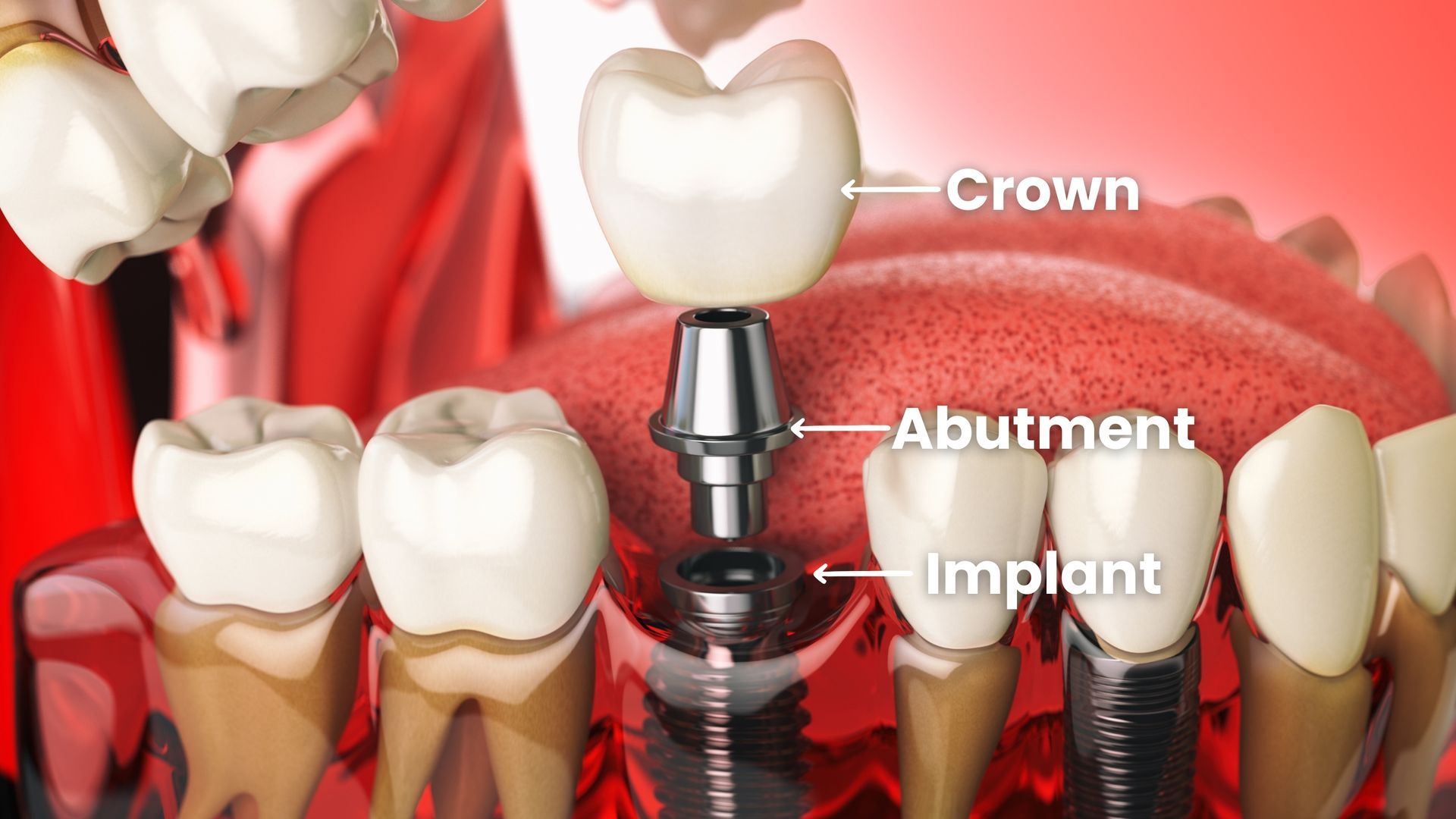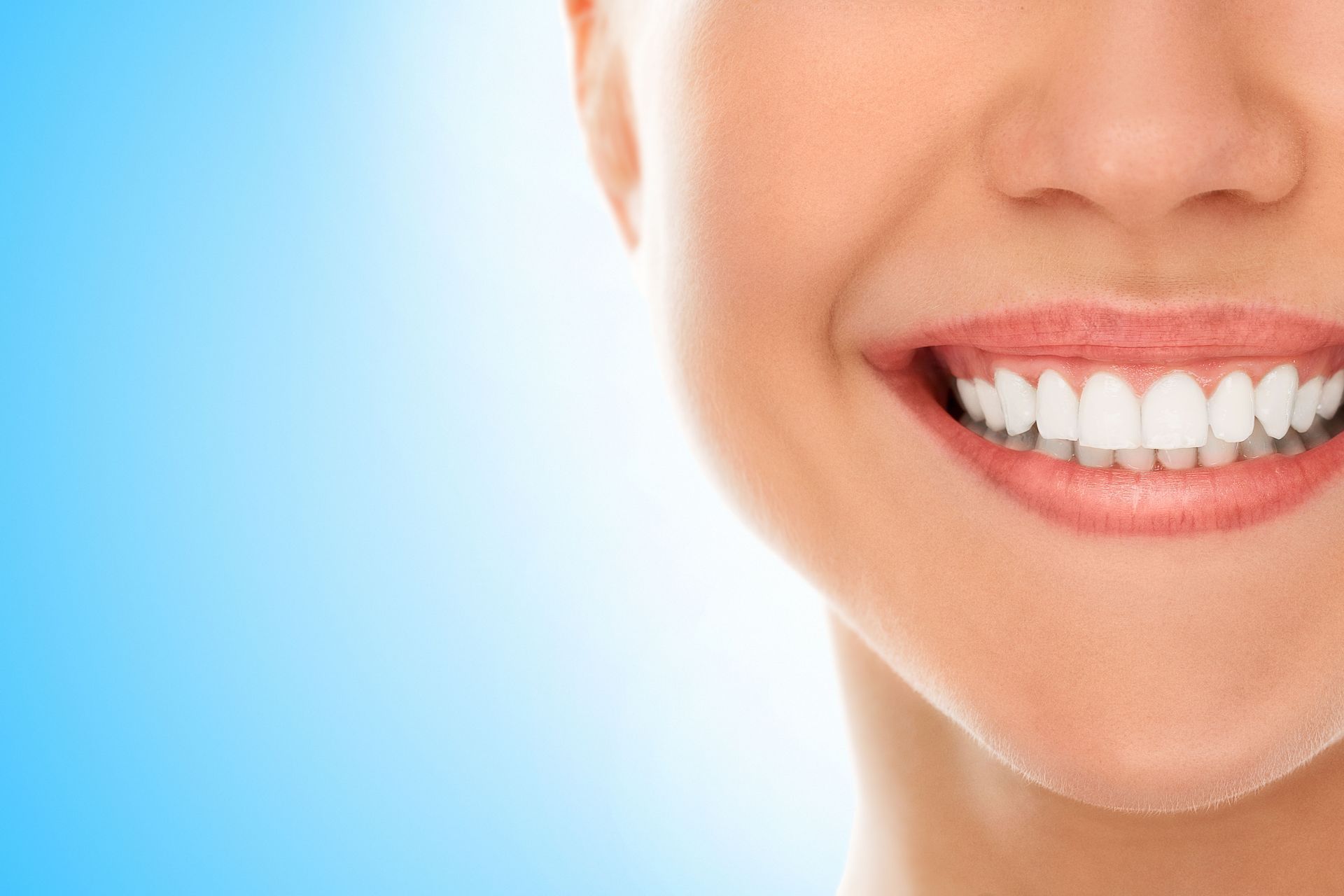August 13, 2025
Tooth loss is a common issue that affects millions of people worldwide, impacting their ability to eat, speak, and smile with confidence. Fortunately, advancements in dental technology have provided a variety of tooth replacements and dentures that can restore both function and aesthetics. Whether you've experienced tooth loss due to aging, injury, or disease, understanding your replacement options is the first step towards reclaiming your oral health and quality of life.
Dental Implants: A Permanent and Natural-Looking Solution
Dental implants are one of the most popular and effective solutions for tooth replacement. They offer a permanent, stable, and natural-looking alternative to dentures or bridges. The procedure involves placing a titanium post into the jawbone, which eventually fuses with the bone, providing a strong foundation for a crown. Dental implants are favored for their durability and the way they mimic the function of natural teeth, allowing individuals to maintain their usual dietary habits without fear of slippage or discomfort.
Dentures: A Customizable and Affordable Choice
In contrast, dentures are a time-tested option, especially beneficial for those missing several or all of their teeth. According to GoToAPro.com, over 36 million people in America don't have any teeth, and many of them choose dentures as their replacement method. These tooth replacements are custom-made removable appliances that can be full or partial, fitting snugly over the gums. While they are less costly upfront compared to implants, they may require periodic adjustments and offer less stability, especially when consuming hard or sticky foods.
Dental Bridges: A Fixed Option for Functional Restoration
Another viable option is dental bridges, which literally bridge the gap created by one or more missing teeth. Anchored by natural teeth or implants, bridges restore both function and appearance. They're an excellent choice for those who prefer a non-removable option that provides a reliable bite. Though less invasive than implants, bridges may require the alteration of surrounding healthy teeth, which is an important consideration for preserving overall oral health.
Choosing the right tooth replacement option, such as dentures , depends on a variety of factors, including your overall oral health, budget, and personal preference. It's crucial to consult with a dental professional to weigh the pros and cons of each option and find the best solution tailored to your individual needs. Ready to restore your smile and confidence? Schedule a consultation with Barrington Smiles today and discover personalized dental solutions designed to keep you healthy and smiling for years to come.














